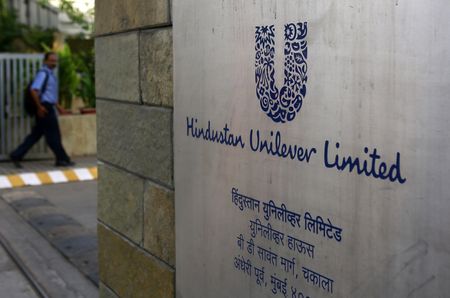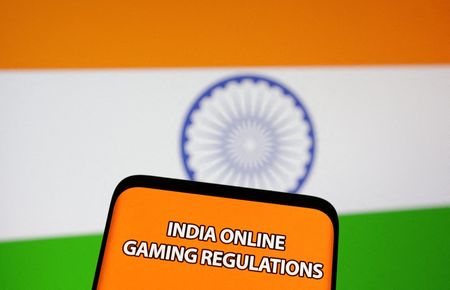By Jayshree P Upadhyay
Mumbai (Reuters) -India’s markets regulator is considering fresh steps to cool the country’s booming equity derivatives markets as it looks to curb trading in a segment where more than 90% of traders suffer losses.
The steps could include longer maturity derivatives contracts to product suitability rules that limit retail investor participation in riskier segments of the market, regulatory officials said at an event on Thursday.
A surge in derivatives trading over the last few years, driven in part by retail investors, has prompted the Securities and Exchange Board of India (SEBI) to limit the number of contract expiries and increase lot sizes to make such trades more expensive.
To cool the market further, SEBI plans to increase the tenure of equity derivatives contracts, but the proposal is still at a conceptual stage, Chairman Tuhin Kanta Pandey said on the sidelines of the industry event.
SEBI is also “open to” objective and simple criteria to define investors who are considered suitable to trade in derivatives, Ananth Narayan, a whole-time member of SEBI, said at the same event.
The regulator has so far stayed away from limiting retail investor access through suitability rules as these are tough to implement.
A SEBI research paper released last month showed that individual traders made losses of 1 trillion rupees ($11.46 billion) by trading in futures and options, a 41% jump from the the previous year.
Shares of stock exchange operator BSE and discount broker Angel One slid 7.6% and 6.7%, respectively, on Thursday following the comments. Derivatives trading contributes more than 50% to BSE’s revenue, and three-fourths to that of Angel One.
Separately, SEBI also set up a dedicated unit to examine patterns of manipulation, the regulator’s whole-time member Kamlesh Varshney said at the event.
The move comes after SEBI had temporarily barred U.S.-based firm Jane Street for its trading strategies that “manipulated” a key stock market index. Jane Street has denied these allegations and said its trading strategies were simple arbitrage.
Pandey added that SEBI would work with India’s corporate affairs ministry and stock exchanges to build a regulated platform for the so called “grey-market”, where unlisted shares change hands.
($1 = 87.2480 Indian rupees)
(Reporting by Jayshree P Upadhyay in Mumbai, writing by Nandan Mandayam in Bengaluru; Editing by Rashmi Aich and Sonia Cheema)










